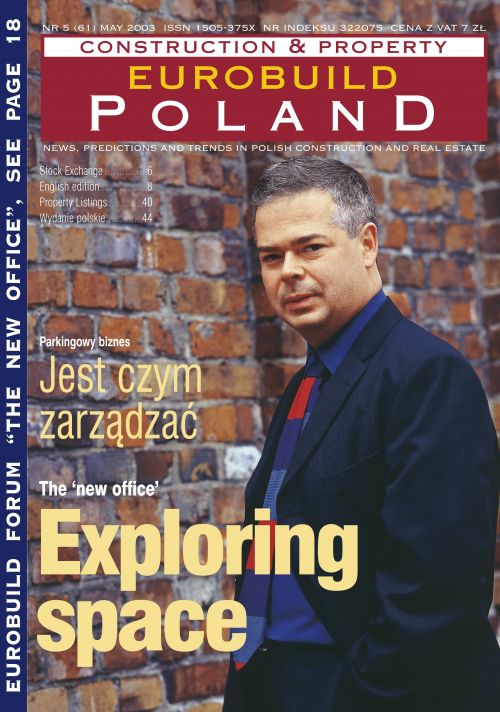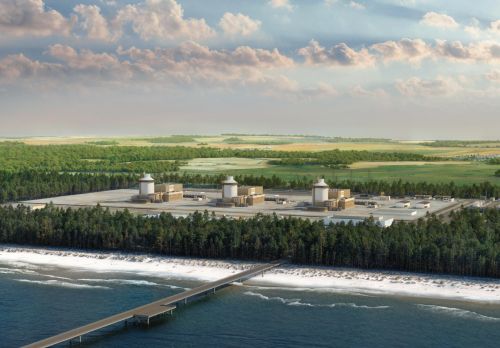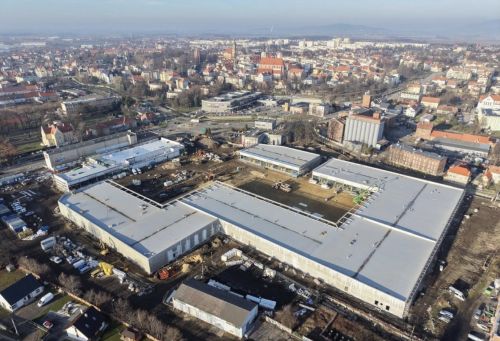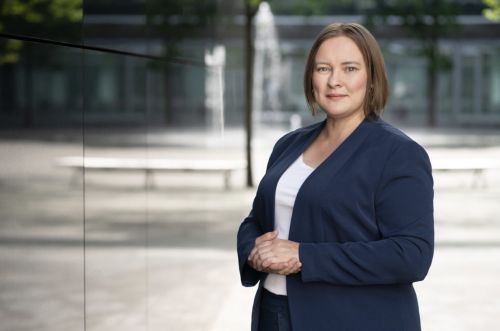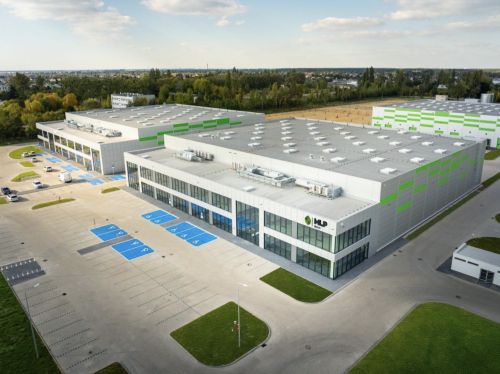When the President of Warsaw, Lech Kaczyński, made rather
enigmatic remarks about the Okęcie airport extension, voices were heard
claiming that the 'new establishment' was ill-disposed towards investors
Residents' associations in the boroughs of Włochy, Ursus and
Ochota, Okęcie airport's neighbouring districts, are among those who oppose the
construction of the new terminal, claiming it will exacerbate the noise
pollution. This protest has been backed by ecologists who have expressed concern
about the capital's air corridor, which carries Warsaw's de-polluting winds. In
April, members of Warsaw's Law and Justice, (Prawo i Sprawiedliwość), Party
declared that they'd "put a spanner in the works" of the investment,
while Lech Kaczyński himself expressed doubts as to its feasibility. Witold Słowik,
the man in charge of the city's strategic development announced that "the
airport has reached the limits of its development". In addition to carrying
out the project, Budime



























